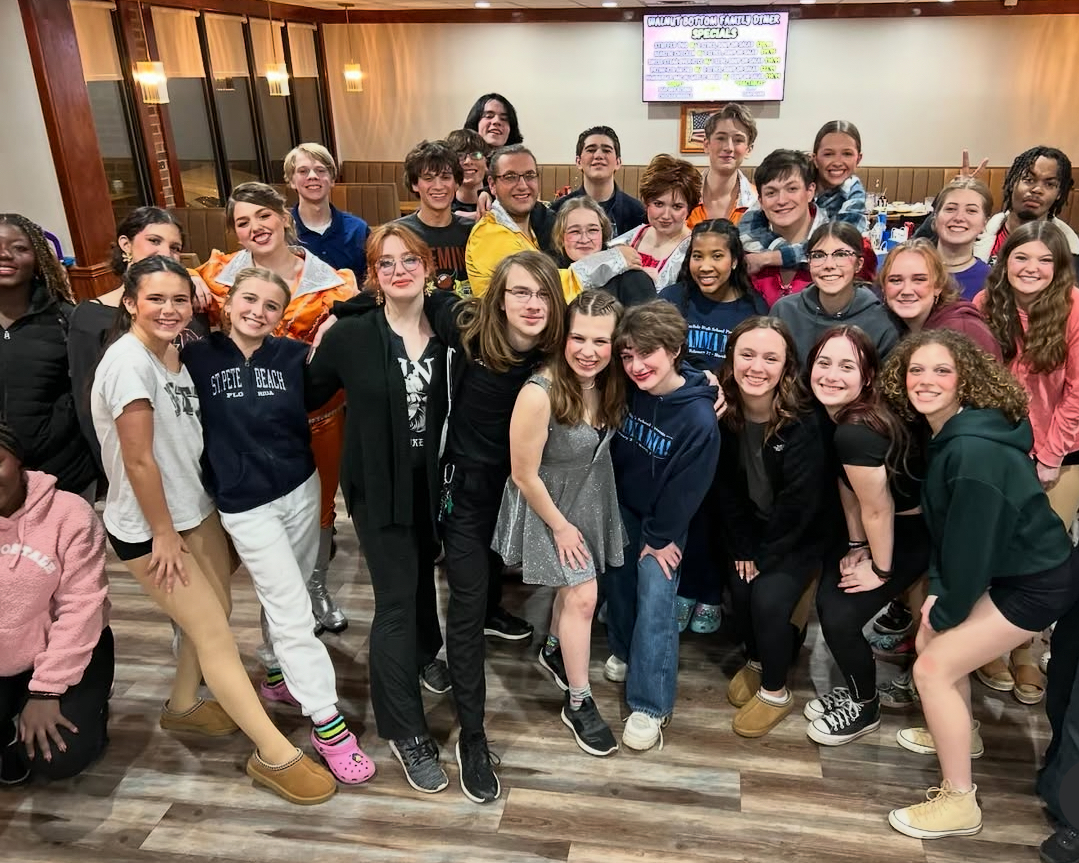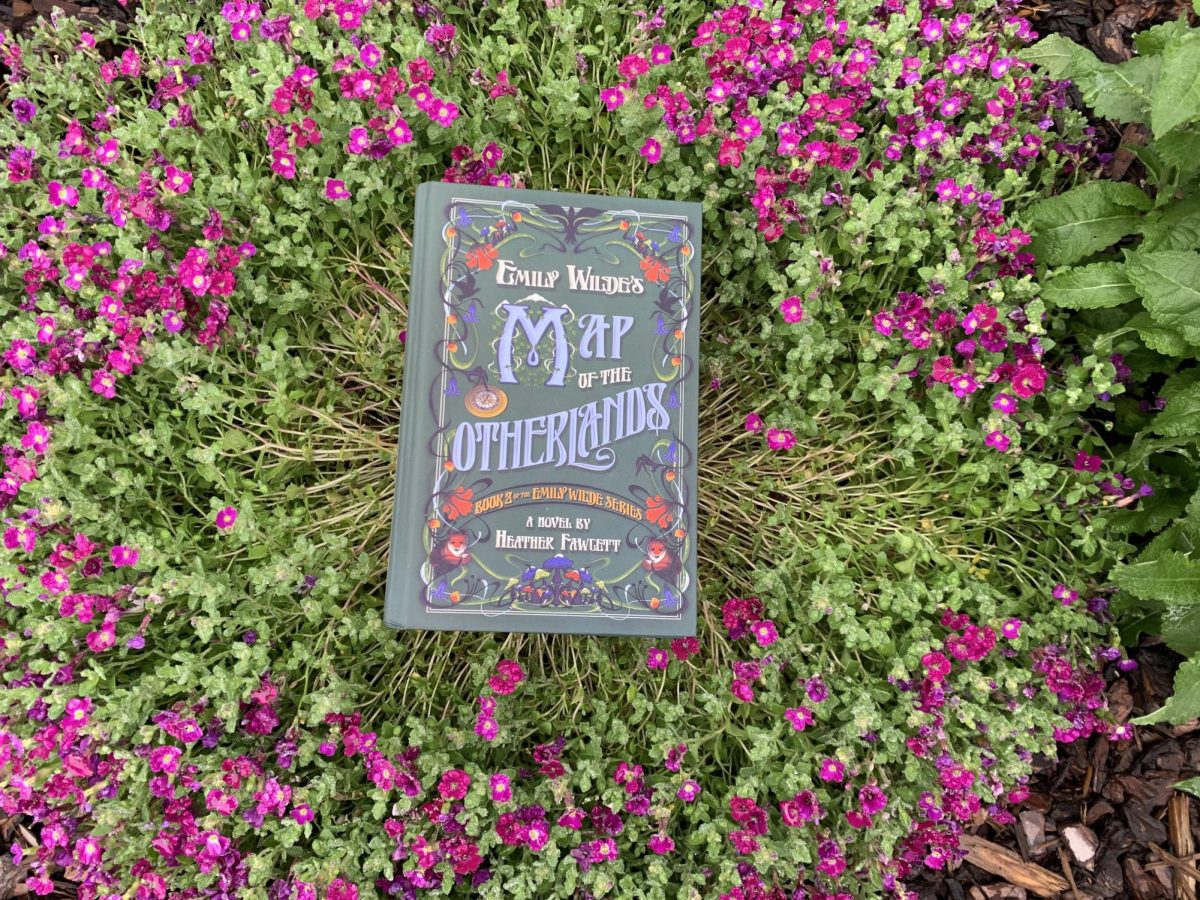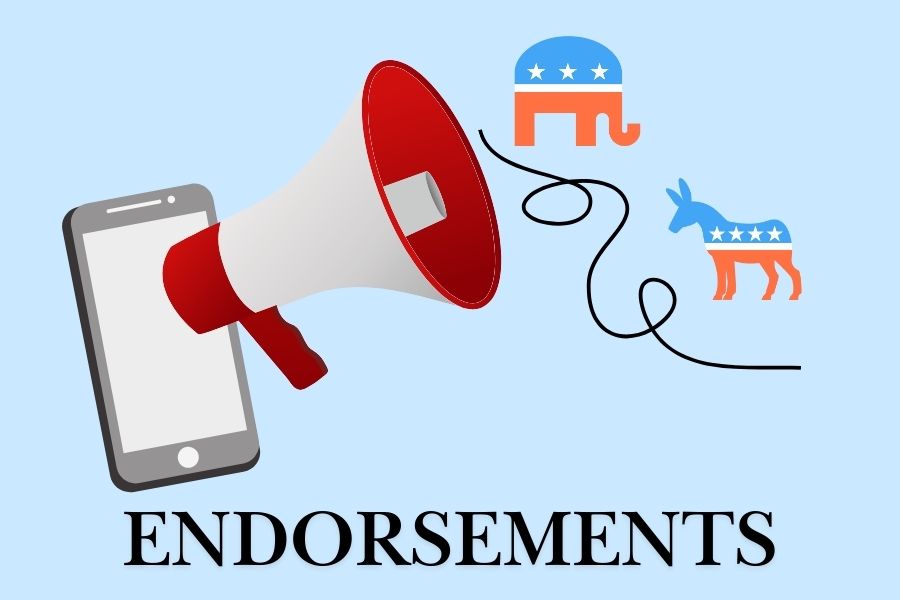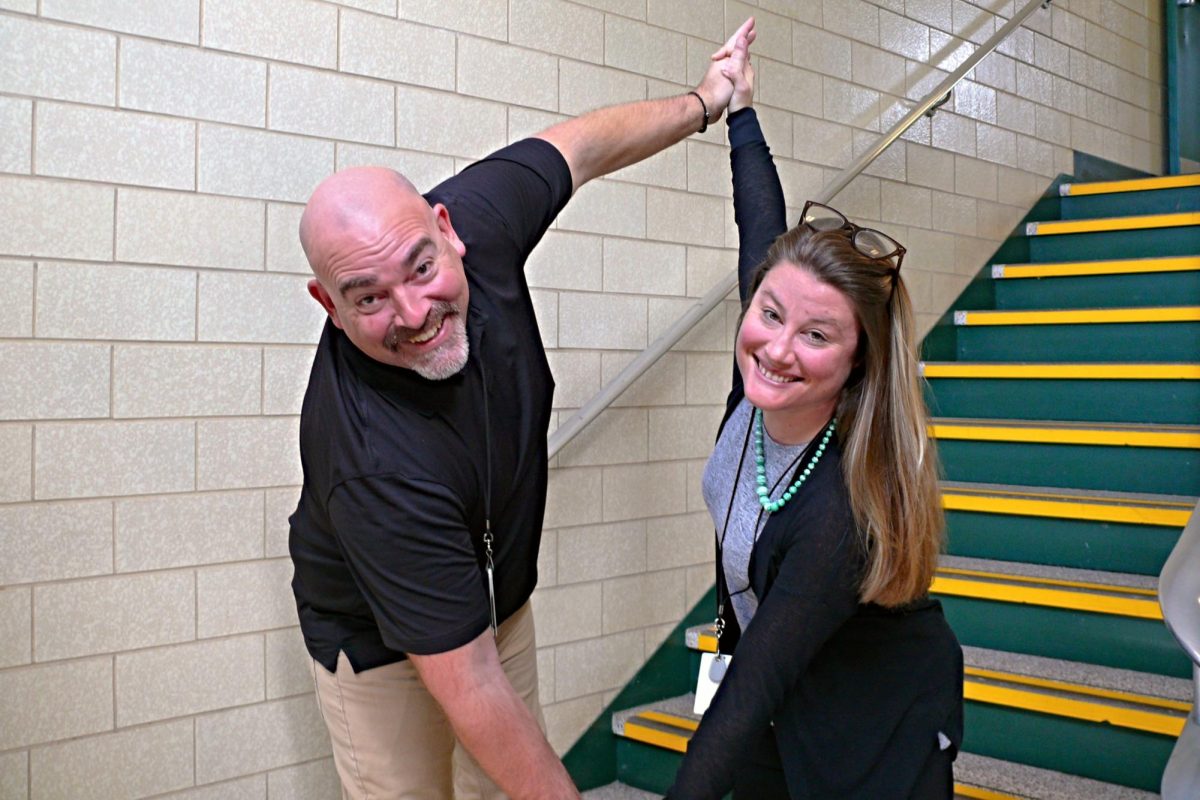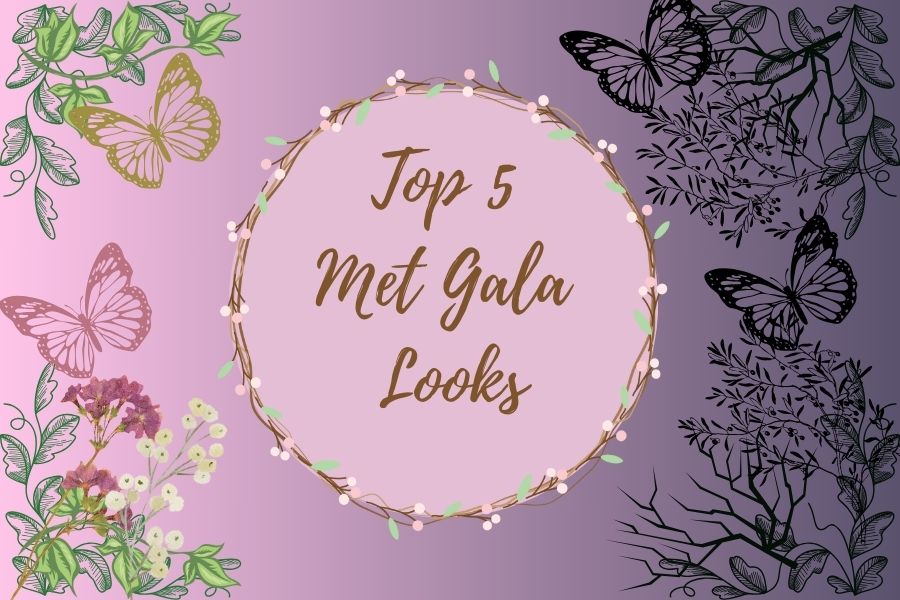How often do people use the word “traumatized” in regard to a small thing, like seeing a disturbing video on the internet? How often do your friends say “I’m having a panic attack,” when in reality they just don’t like the spider in the room? How many times a day do you hear yourself, or people you know say something along the lines of “I’m going to kill myself?”
Suicide is a huge epidemic, killing more than 49,000 people a year in the US, yet this along with other mental health disasters, has slowly become a casual phrase that ruins progress made to destigmatize mental illnesses. The mental health advocates has fought many battles to improve societal viewing of mental health – to normalize therapy, to make help readily available, to bring attention to people suffering- and this casual use of serious issues is ruining so many people.
Two days in the past week I made a point to count every time I heard anyone say anything remotely along the lines of “I’ll kill myself.” It didn’t matter if it was on social media, a TV show I was watching, if one of my friends said it, or if I even said something similar, I counted it. By the end of two days, I had heard someone jokingly threaten suicide sixteen times. Sixteen times. Each time someone says a phrase along these lines it has serious consequences that can reach and hurt so many people.
There are two main problems with using phrases like “I’m going to kill myself” when someone doesn’t actually mean it. Firstly, this can trigger anyone with a history of suicide. If more than 49,000 die a year, think about how many more are affected by those deaths. Each of those deaths has a family who hurts, and using casual threats of suicide can trigger those families and put them back in a dark space of fear. If 49,000 people have died from suicide, how many more have attempted it? Hundreds of thousands more. To all of these people the threat of suicide is a real and terrifying possibility and forcing thoughts about another person feeling like the world is better off without them, even as a joke, is flat out wrong. If each of these victims who have a past with suicide has to relive those feelings sixteen times in just two days, that is an impossible way to live. Referencing killing oneself in casual conversation is one of the most triggering things a person can do and it needs to stop.
These phrases can also affect people currently suffering from mental illnesses by preventing them from seeking help when they need it. FHE Health this best saying, “Incorrectly using clinical terms can obscure a general understanding of real symptoms. If all you know about depression is that it makes it hard to get out of bed, you might miss other early warning signs. As a result, you’re more likely to experience escalating effects and years of unnecessary suffering before you seek help.” This goes back to ruining the progress that the mental health advocates have made. So much work has been done to educate globally about the truths about mental illness, and the fact that so few words can destroy that momentum is beyond frustrating.
When these casual phrases are so worked into our vocabulary it can be difficult to remove them. Many other words could be used as substitutes that don’t wield such harmful consequences. For example instead of saying “I’m going to kill myself,” you could say “I’m actually going to sob,” or “I’m going to crash out.” It can convey the same meaning without triggering and harming people. This can work for other phrases too: instead of “I’m having a panic attack right now,” say “I’m feeling really nervous about this thing.” Instead of “That was so traumatizing,” you can use “That was really crazy or stressful” or instead of “I’m feeling so depressed today,” you can say “I’m really struggling and feeling sad today.” Instead of saying “I’m so OCD,” when you’re not you could say “I need things to be a certain way.” Other language that deals with important mental health issues can have the same effect as referencing suicide in a casual way. It’s difficult to work these words out of the collective vocabulary, especially when they’re used so often, but the use of them can send so many people down a dark road, that it is imperative that we put in the effort to remove those words.
Other references to mental illnesses are used in a very similar way, such as language referring to ADHD, anxiety, trauma, panic attacks, OCD, and eating disorders. All of the consequences that come from saying “I’m going to kill myself,” also occur when using those other phrases. Although getting rid of suicidal language in an unserious setting should be a top priority, it is critical that as a society we work to get rid of the casual use of all terms that trigger mental health consequences.
Sometimes when a person references ending their own life, it is a real cry for help, they are really hurting. People may use this type of language as their only way to reach out when they need it. If you or someone you know feels this way, know that you are not alone and help is available. Reach out to counselors, friends, family, visit https://988lifeline.org/ or call 988.




